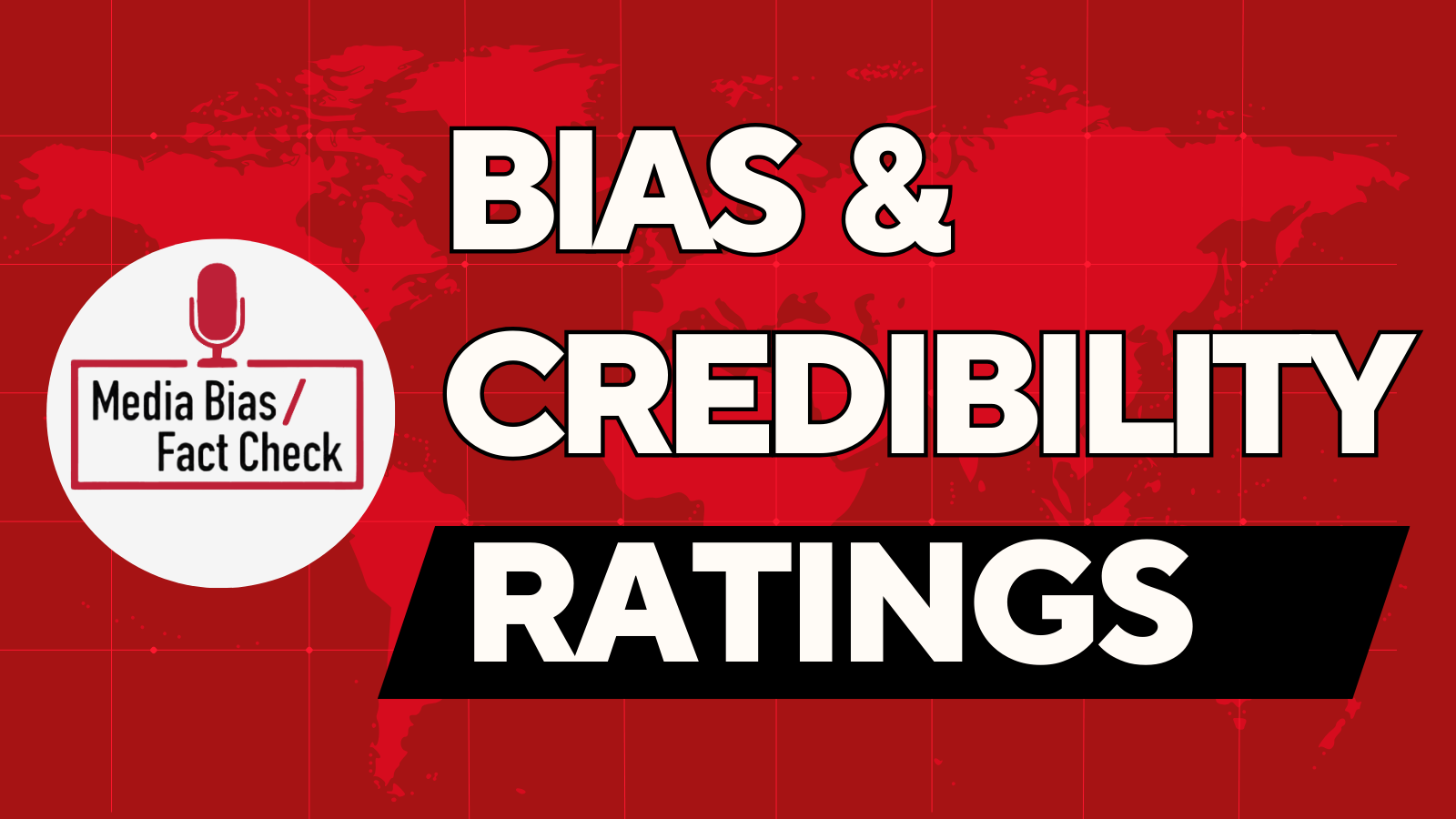The day after former President Donald Trump returned to Butler, Pa., for a rally, Marie Occimabia, 68, stood 75 miles away in her shop surrounded by unsold clothing, luggage, and hair supplies. There were no customers.
Occimabia emigrated to Florida from Haiti in 1991, and in 2019, she moved her store to Charleroi, Pa. to join a growing Haitian community.
But now, she said, her customers hadn’t been going out much since Trump began disparaging Haitian immigrants, first in Springfield, Ohio, and soon after, in Charleroi, where he said Haitian immigrants brought a crime surge and financial strain to the town, claiming that it’s on the precipice of bankruptcy.
Trump’s attacks on the Western Pennsylvania town appear to have emboldened people. Conservative YouTubers panned their cameras around Charleroi’s streets looking for Haitians, and a Ku Klux Klan flier circulated. Massive stickers promoting a white supremacist group declaring “Reclaim America” appeared on traffic signal boxes.
Augusta “Queen” Goll, 43, the owner of Queen’s Market, cried when she removed Trump stickers from her car. She believed he was strong and patriotic, and encouraged hard work. But his comments about Haitian immigrants hurt both her feelings and her business — most of her customers are Haitian. He lost her vote, she said.
“I gotta be with my people.”
She said she wishes Trump would leave immigrants alone, like the Haitians she knows in Charleroi who are already legally living, working, and paying taxes after being granted Temporary Protected Status — a humanitarian legal status that Trump wants to revoke.
/cloudfront-us-east-1.images.arcpublishing.com/pmn/CWSUHFPKCVDFVNZQ5J3ZP2XXHY.jpg)
Immigrants were revitalizing tiny Charleroi. Then Donald Trump’s attacks brought white supremacists and conservative influencers.
Trump's claims thrust the Western Pa. town into an unwanted national spotlight, exposing fault lines and ratcheting up tensions that show little sign of abating weeks later.



